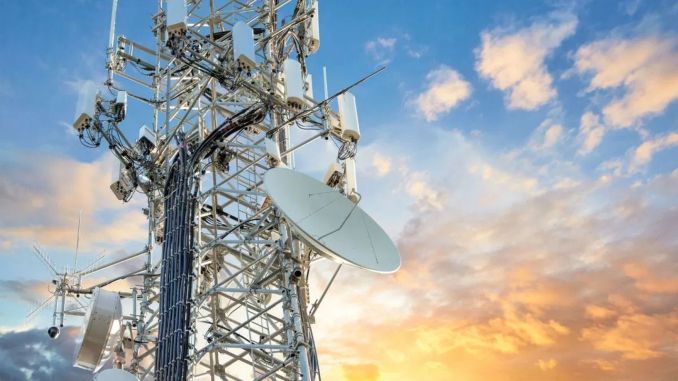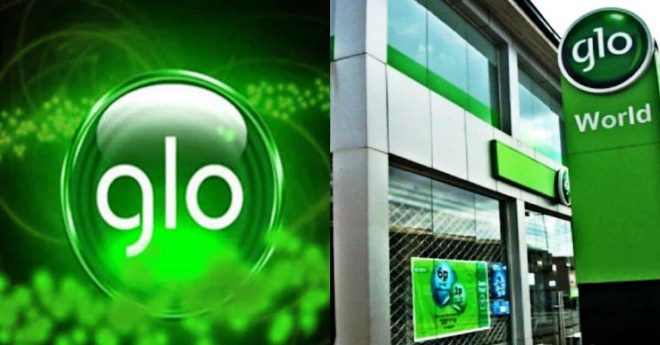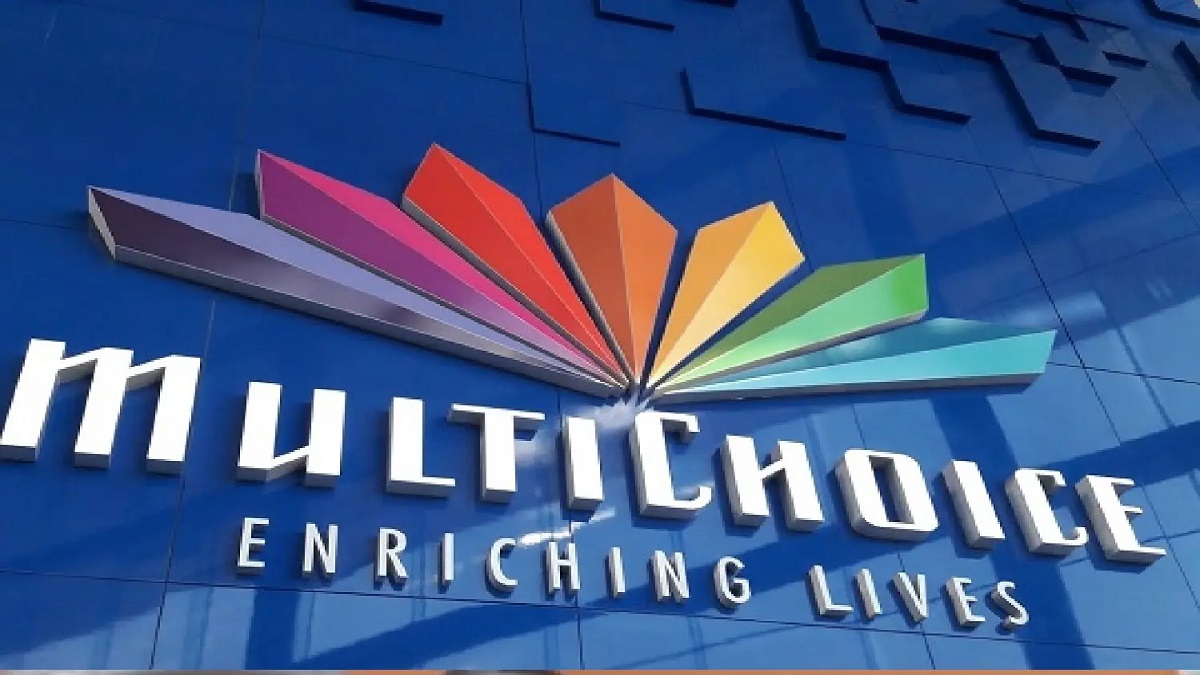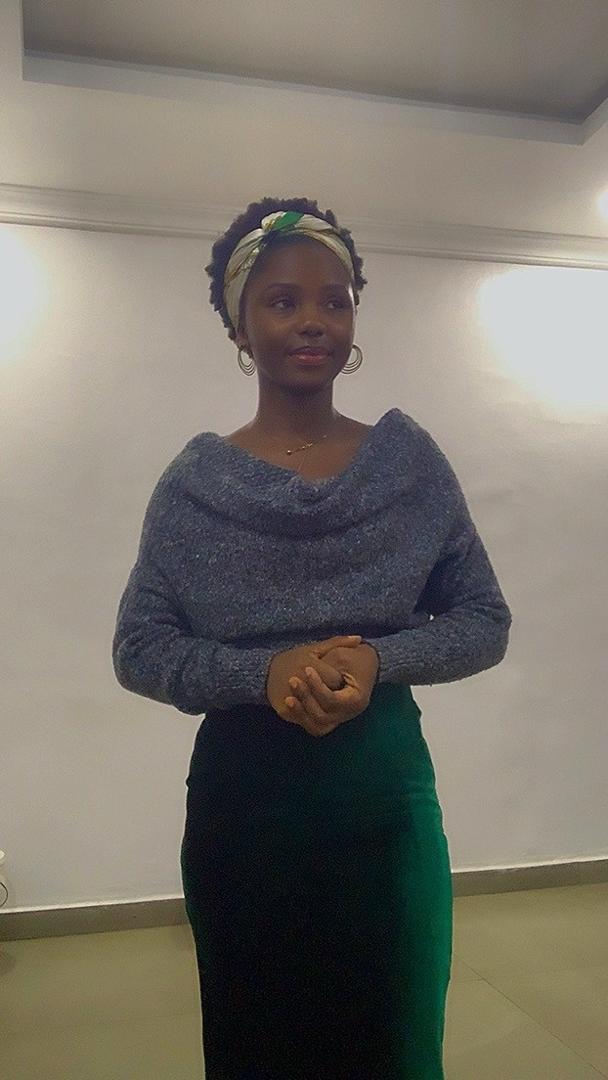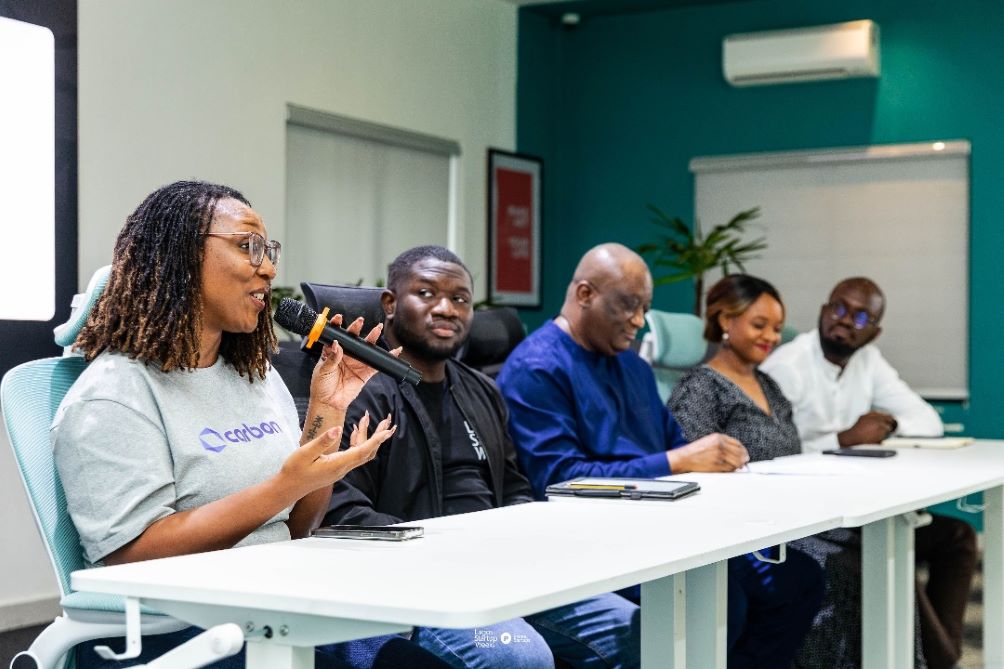After a prolong agitation for an increase in end user telecom tariffs in the country by mobile carriers, regulator of the sector, Nigerian Communications Commission (NCC) has approved a 50 per cent hike.
And like a red rag to a bull, telecom subscribers have kicked against the approval which they said reflected the fact that the ruling class is totally disconnected with the realities of everyday life of the common man in the country.
The approval came shortly after a virtual meeting of Industry Consumer Advisory Forum (IACF), which is an advisory body of the NCC. The meeting which was attended by the Minister of Communication, Innovation and Digital Economy, Bosun Tijani, started at 10.30am and ended at 12.25pm. ICAF provides recommendations on issues affecting consumers of ICT in the country.
The increase followed a persistent push by Mobile Network Operators (MNOs) and other stakeholders for the government to consider the inflation rates in the country and give approval for upward adjustment of the tariff on data, calls and SMS messages.
The MNOs argued that the withdrawal of fuel subsidy and devaluation of the naira have precipitated an increase in the costs of services within the industry and other market realities.
The NCC said the approval was granted “pursuant to its power under Section 108 of the Nigerian Communications Act, 2003 (NCA) to regulate and approve tariff rates and charges by telecommunications operators”.
“The adjustment, capped at a maximum of 50 per cent of current tariffs, though lower than the over 100 per cent requested by some network operators, was arrived at taking into account ongoing industry reforms that will positively influence sustainability” the NCC said.
In a swift pushback, both the Association of Cable Tvs, Internet and Telecom Subscribers of Nigeria (ATCIS-Nigeria) and the National Association of Telecom Subscribers of Nigeria (NATCOMS) completely rejected the hike, describing it as insensitive to the plight of struggling Nigerians whose fortunes had declined owing to soaring inflation and fuel subsidy removal.
NATCOMS has resolved to file a fresh suit in court to challenge the “outrageous” hike. They two bodies blamed minister Tijani for approving the 50 per cent hike.
A statement signed by NCC’s Director of Public Affairs, Reuben Muoka noted that the ” adjustments will remain within the tariff bands stipulated in the 2013 NCC Cost Study, and requests will be reviewed on a case-by-case basis as is the Commission’s standard practice for tariff reviews.
“It will be implemented in strict adherence to the recently issued NCC Guidance on Tariff Simplification, 2024”.
He said: “Tariff rates have remained static since 2013, despite the increasing costs of operation faced by telecom operators. The approved adjustment is aimed at addressing the significant gap between operational costs and current tariffs while ensuring that the delivery of services to consumers is not compromised.
“These adjustments will support the ability of operators to continue investing in infrastructure and innovation, ultimately benefiting consumers through improved services and connectivity, including better network quality, enhanced customer service, and greater coverage.
“Recognising the concerns of the public, this decision was made after extensive consultations with key stakeholders across the public and private sectors.
“The NCC has prioritised striking a balance between protecting telecom consumers and ensuring the sustainability of the industry, including the thousands of indigenous vendors and suppliers who form a critical part of the telecommunications ecosystem.
“The NCC recognises the financial pressures faced by Nigerian households and businesses and remains deeply empathetic to the impact of tariff adjustments. To this end, the Commission has mandated that operators implement these adjustments transparently and in a manner that is fair to consumers. Operators are also required to educate and inform the public about the new rates while demonstrating measurable improvements in service delivery.
“Additionally, the NCC reaffirms its dedication to fostering a resilient, innovative, and inclusive telecommunications sector. Beyond protecting consumers, the Commission’s actions are designed to ensure the long-term sustainability of the industry, support indigenous vendors and suppliers, and promote the overall growth of Nigeria’s digital economy.
“As a regulator, the NCC will continue to engage with stakeholders to create a telecommunications environment that works for everyone—one that protects consumers, supports operators, and sustains the ecosystem that drives connectivity across the nation “.
ATCIS-Nigeria President, Sina Bilesanmi who said he attended the ICAF meeting rejected the hike, describing it as punitive at a time the average Nigerian was struggling to cope with high prices of everything. He said the original plan was to effect the tariff hike on January 5 were it not for the vigilance of ATCIS-Nigeria.
“We are shocked by the high percentage of the increase approved by the minister. We reject it because we are sure it will hurt our members,” he said.
NATCOMS President, Deolu Ogunbanjo, said the minister’s action is provocative and smarked of insensitivity to the yearnings of the people.
According to him, the expectation was for a marginal hike of between five and 10 per cent, arguing that reaching for 50per cent was an overkill.
He said based on what the MNOs and other experts have said about the state of health of the industry, there was a need for a marginal hike, but not the magnitude approved by the government.
“Our members whose shops are online will suffer a sharp increase in their cost of operation. Many may close shops. It is really sad.
“We are already in court but we will file a fresh action in court challenging this disproportional hike,” Ogunbanjo said.
He said he could not attend the ICAF meeting because of its short notice.
In his earlier contribution, President, Association of Telecom Companies of Nigeria (ATCON), Tony Emoekpere, said the 100 per cent hike demanded by the telcos appeared high because it had been a long time since an adjustment had been made on tariffs
“The main challenge is that this issue has been left for too long. That is why a 100 per cent increase appears to be a lot. Considering the prevailing situation, it is not as much as it looks,” he had written in a WhatsApp conversation.


